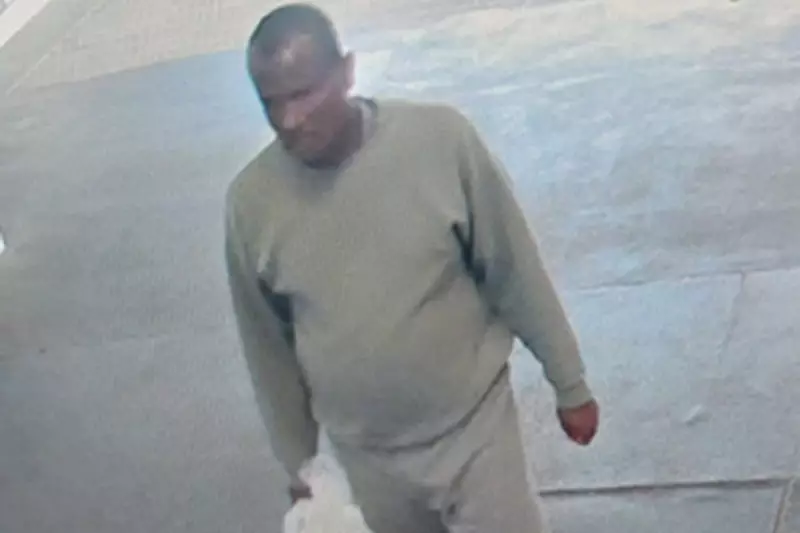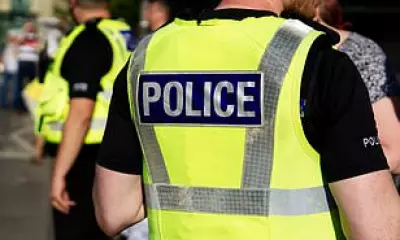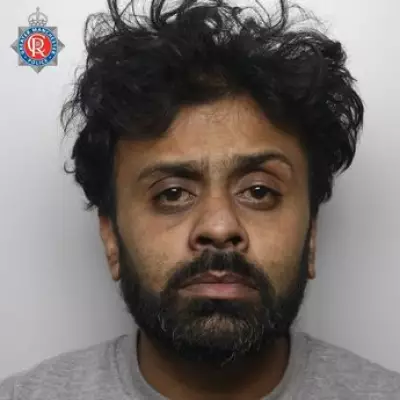
Life Sentence for Would-Be Mosque Attacker
A convicted terrorist who planned to attack worshippers outside a North London mosque has been handed a life sentence with a minimum term of 16 years. Tristan Dowse, 33, was found guilty of preparing terrorist acts targeting the Muslim Welfare House near Finsbury Park Mosque.
Chilling Plot Details Emerge
Dowse, who converted to Islam in prison, had meticulously planned his assault using a stolen car as a weapon. The court heard how he intended to replicate the devastating 2017 Finsbury Park attack that killed one person and injured twelve others.
"This was a determined and calculated plot to cause maximum carnage," prosecutors told the Old Bailey. "He sought to target vulnerable worshippers leaving evening prayers."
Police Intelligence Failures Exposed
In a startling admission, Essex Police confirmed they had received intelligence about Dowse's extremist views but failed to act effectively. The force acknowledged they were aware of his concerning behaviour yet didn't share this information with counter-terrorism units.
An internal review has been launched to examine the critical breakdown in intelligence sharing that nearly allowed a catastrophic attack to proceed.
Politicians Demand Accountability
Justice Secretary Keir Starmer has demanded urgent answers about the police handling of the case. "We cannot afford such dangerous oversights in our counter-terrorism operations," Starmer stated. "The public deserves to know why warning signs were missed."
Community Relief Mixed with Concern
Local Muslim leaders have expressed relief at the sentencing but deep concern about the intelligence failures. The Muslim Welfare House, which supports vulnerable community members, has called for a full independent inquiry into how Dowse's plot nearly succeeded.
"While we're grateful this attack was prevented, the knowledge that police had warnings about this individual is deeply troubling," a community spokesperson said.
Ongoing Security Measures
Security around mosques across London has been reviewed following the case. The Metropolitan Police has assured communities that additional protective measures are being implemented, particularly during prayer times and religious festivals.
The case has reignited debates about prison radicalisation and the effectiveness of monitoring convicted terrorists after their release.





